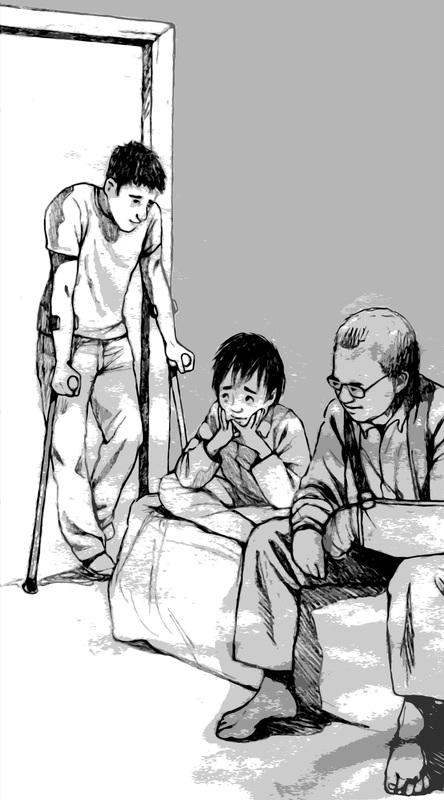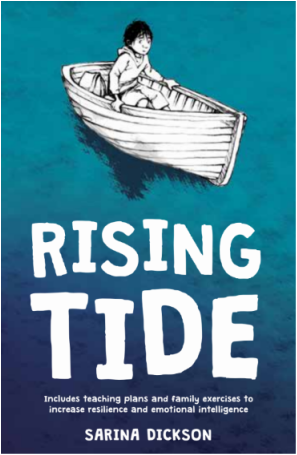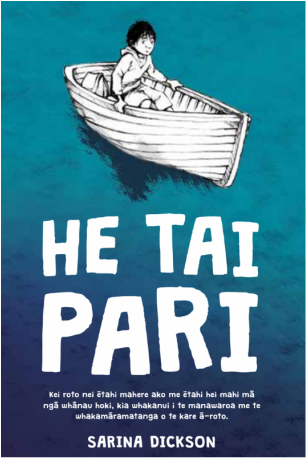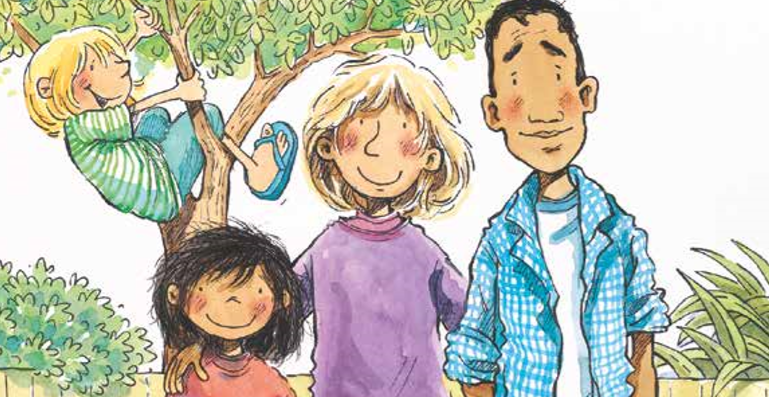Rising Tide will also be available on our website with accompanying audio in English and Te Reo. Professional development material will be attached to a series of emails to those schools that have signed up, and also available as a package with the digital version our website in late November.
Reflective practice by teachers and staff groups should be encouraged to embed the ideas and to support teachers to manage children bringing their emotional struggles to teachers. The language introduced should be used across the school by teachers and children, with parents, using instances of difficulty that arise daily to practice the ideas presented.
Research from the Worry Bug Project (via Massey University) and the All Right? Parenting evaluation shows that most teachers and parents found these resources useful and effective. Results trend towards increases in prosocial behaviour (measured by the Strengths Difficulties Questionnaire SDQ), in both classrooms and at home. In Rising Tide, we have used a similar psychological framework, but increased the complexity to match the older age group. The classroom and family exercises have been peer reviewed by teachers, a psychiatrist, and a clinical psychologist.
This resource is more than a set of exercises, it can be used to encourage and develop a climate of compassion and expression of feelings, leading to an increase in pro-social behaviour and a positive classroom culture.
Rising Tide is based on Cognitive behavioural and Narrative principles, again addressing both the home and school context via the principle of home and school scaffolding






 RSS Feed
RSS Feed